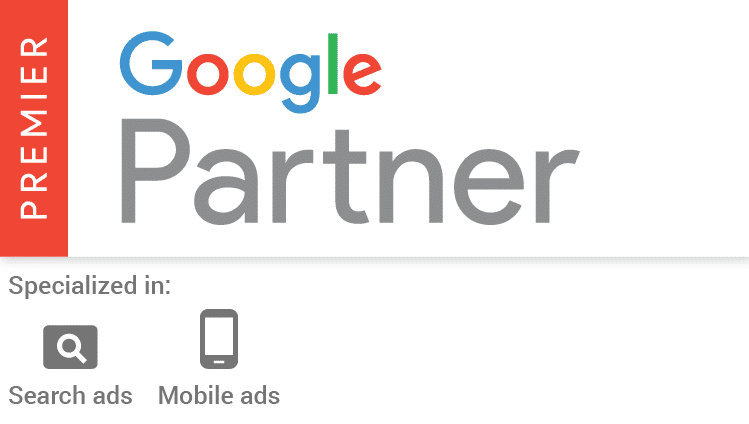You know that homeowners increasingly turn to the Internet as their first stop in researching a home improvement project. Moreover, you’ve heard all sorts of promises about “Internet leads”. You may have heard some success stories. More likely, you’ve heard some horror stories. Why is that?
Because not all “Internet leads” are created equally. Indeed, the quality of online sales leads varies widely from provider to provider, but that’s often lost amid the hyperbole about all of the appointments you’ll set and the jobs you’ll close.
While there is some value in just about every lead, it helps to understand the specific types of home improvement leads that providers are offering.
Database Leads
Know the TV commercials that offer “100 free leads!”? They’re free for a reason. These are database leads, drawn from all manner of consumer directories. And while they may have some solid demographic information attached to them, the homeowner has not shown an interest in any specific product, let alone your company. These leads are only for the heartiest (and patient!) cold-callers.
Want to comment about the relative cost of these leads? they’re cheap to buy, but you’ll spent the time/money on the back end sorting through the junk.’
Non-Branded, Non-Exclusive Leads
The biggest home improvement lead providers have built their businesses around delivering leads that are both non-branded and non-exclusive. With these leads, a homeowner submits a request for a specific home improvement project to a 3rd party website. Often, the Web pages the homeowner sees mention only an interest area (i.e. ‘siding’), and not any particular brand(s); that’s the “non-branded” part. The lead company then sells that lead from 1-10 times, depending on how many contractors they have in that particular area; and that is what’s meant by “non-exclusive”.
With these leads, the key is to be quick on the draw. Because these companies sell their leads to so many contractors, you’re in a race to contact that homeowner and set an appointment once it hits your e-mail inbox. Many contractors report being third or fourth in line, even if they called the consumer only ten minutes after receiving the lead. If you have a strong call center that can react quickly to these leads, you will have a leg up. If you have to wait a business day to call the prospect, you could well be out of luck. Either way, your competition is breathing down your neck.
And if you’re slow to reach a homeowner, you’ll end up speaking with an individual who’s often already been pummeled by calls from many contractors before you. What kind of mood do you think that homeowner will be in as you try to introduce yourself?
Non-Branded, Exclusive Leads
Similar to the leads described above, “exclusive” leads prevent the feeding frenzy of contractors often associated with non-exclusive leads. These leads are often more expensive, but they perform better than non-exclusive leads. You will book more appointments and close more sales without all of the competition.
Does not mean that the homeowner won’t seek bids from other contractors? Of course not. It only means that your lead provider has not given that lead to any contractor but you, giving you a head start in connecting with that homeowner. And while most “exclusive” lead providers really are exclusive, you should start asking questions if competitors continually show up at your prospects’ doors.
Non-Branded, Non-Exclusive, Verified Leads
These leads are similar to non-branded, non-exclusive leads, but with one interesting difference. The lead provider will usually have spoken with the prospect (or been called by the prospect). In other words, one of the lead generator’s agents will have spoken with the homeowner and verbally verified the type of project they are interested in.
The lead generator then sends that lead out “non-exclusively” to two or more contractors. So while these leads are attached to a consumer seriously considering a project, you are still competing with the other contractors in that lead generator’s network for that homeowner’s business.
Branded, Exclusive Leads
While these are the hardest leads to find, they are also the most likely to set and close.Branded, exclusive leads don’t describe a generic home improvement project. Rather, the prospect will have offered their contact information based on knowledge of your company name and the specific product you sell.
In other words, a lead for “XYZ Replacement Windows Chicago” will be much better than a lead for “Replacement Windows”.Why?The consumer has seen your specific product line as well as the name of your specific company name.When you call the consumer to set your appointment, the homeowner will already know your name and what you sell…warming up that first contact and streamlining the setting process.
These are the most expensive leads, and they are not widely available in the current home improvement lead market. But they are the most efficient leads, and have proven to set and close at higher rates than other types.
They are the closest thing possible to your contracting with an expensive marketing agency, and crafting (and paying for) a custom lead generation campaign.
Which Leads Are Right for You?
That depends on several factors.They include: the quality of your call center;the bandwidth of your sales team. Your team’s ability to set appointments; and, of course, your budget.
There’s no right answer for everyone, as all leads have different values. You just need to understand which types are right for your business, and plot your course accordingly.
